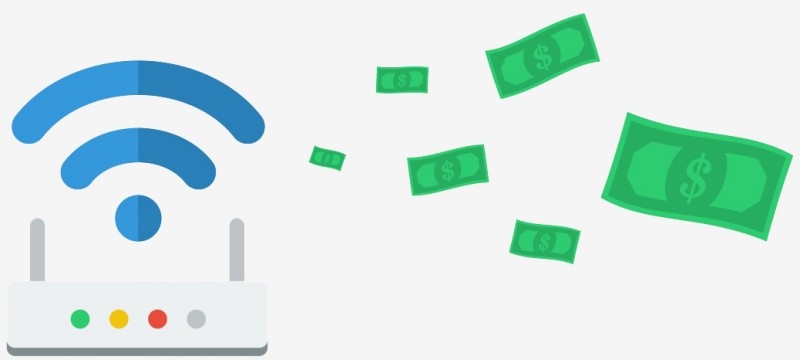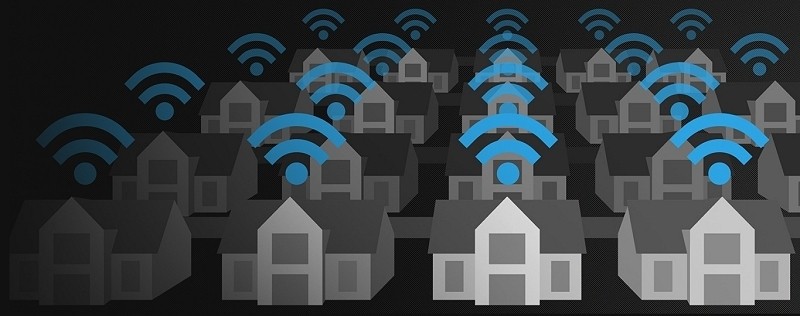Comcast's controversial decision to transform its customers' wireless routers into public Wi-Fi hotspots has, predictably, landed the company in even more hot water.
A pair of disgruntled customers recently filed a class-action lawsuit against the cable, television and Internet provider in San Francisco. Toyer Grear and Joycelyn Harris claim Comcast is exploiting them (and other Comcast subscribers) for profit by forcing customers' residential routers to serve double-duty as public hotspots without their consent and at their expense.
On newer routers leased to customers by Comcast, the company has been adding a secondary Internet broadcast channel for hotspot use. This additional channel is said to be separate from customers' primary connection. Those that provide their own hardware aren't affected.

According to the suit, a test performed by networking technology company Speedify found that routers activated as public hotspots consume 30 to 40 percent more electricity under heavy load.
Over time, Speedify believes this practice will eventually push tens of millions of dollars per month of the electricity bill needed to run the Comcast's public Wi-Fi network onto consumers.
The two also believe that subjecting customers' Internet connections to public use is a detriment to security. What's more, they claim to be suffering from decreased, inadequate speeds on their home Wi-Fi networks ever since the second channel was activated.
The suit seeks an injunction to stop Comcast from using the routers in this way in addition to unspecified damages.
